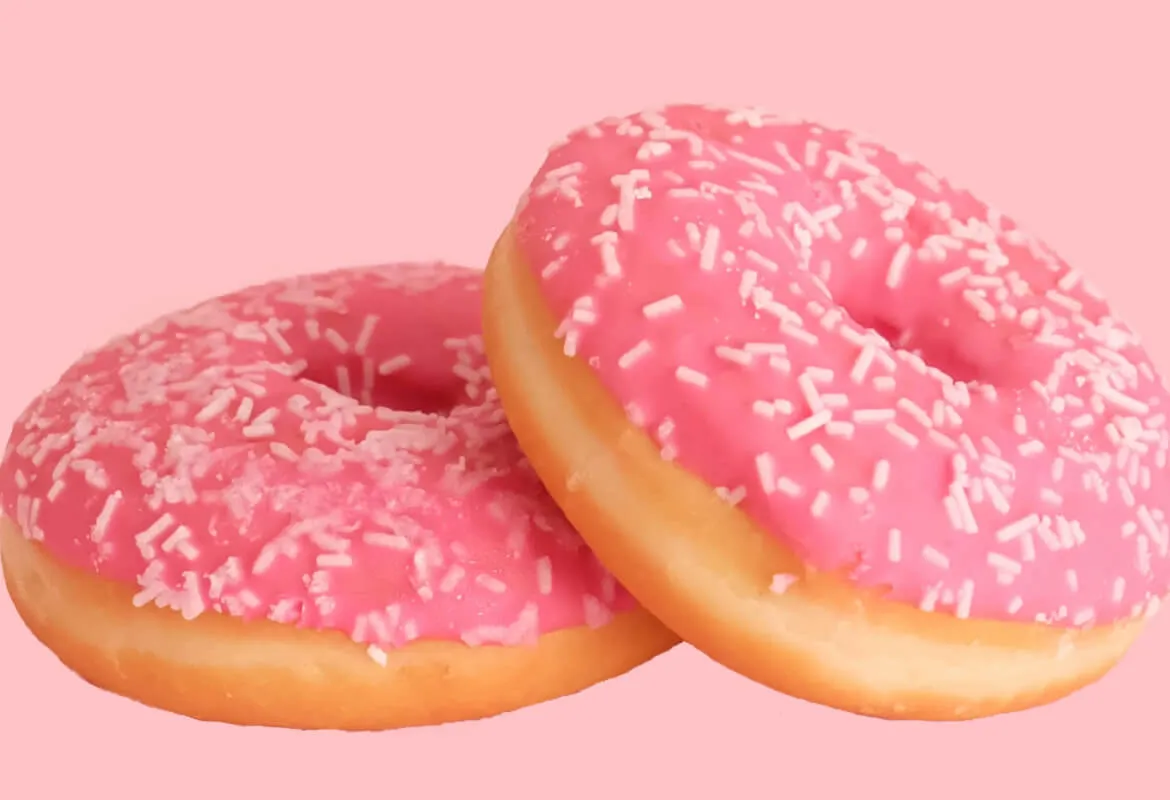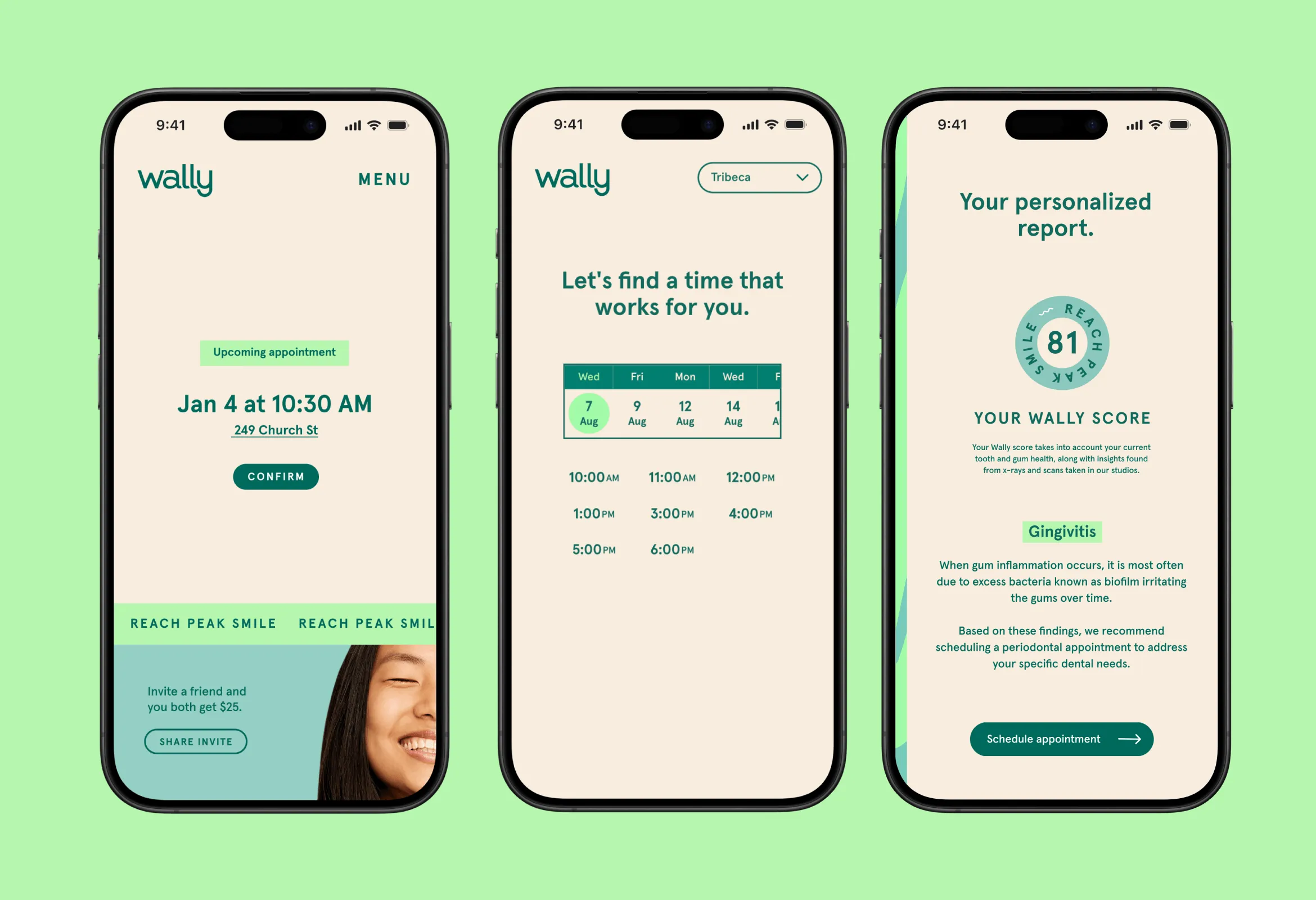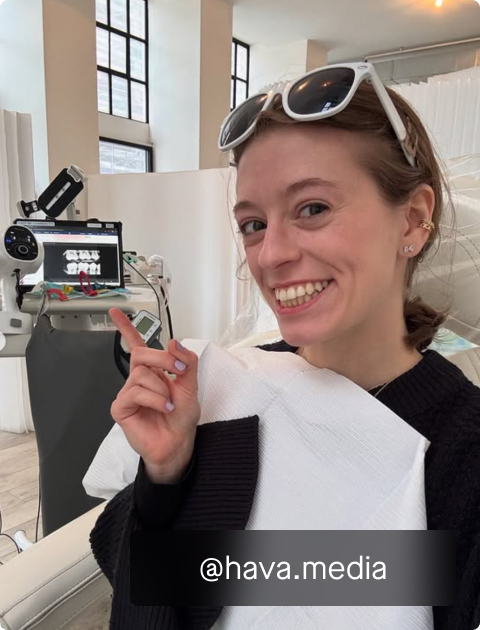Swollen gums and receding gums? How to keep gums healthy

Gums. Let's be honest. It's a part of your body you probably don't think much about until they start to give you trouble. Maybe your gums are swollen, or bleeding. Or it looks like your teeth are getting "longer." Or your gums just hurt. What does it mean? And what can you do about it?
Trouble with your gums is often a sign of gingivitis. Gingivitis is early stage periodontal disease (gum disease). While it is never great to be early stage anything, the good news is gingivitis is reversible if you take the right steps.
We'll cover a few issues you might notice with your gums, uncover what they mean, and share how to reverse gingivitis before it develops into periodontal disease.
Why are my gums swollen?
There's a good chance that your swollen gums are from gingivitis, or early gum disease. The data backs it up because 50% of Americans have some form of gum disease.
Gingivitis means plaque has started to build up on the gum line. The extra bacteria will irritate your gums and cause them to swell. Gingivitis can sometimes be mild but you'll want to address it ASAP. Over time gingivitis becomes periodontitis, irreversible gum disease. Gum disease usually means more complex, and expensive, dental treatments to avoid bone and tooth loss.
How to treat swollen gums
You'll want to schedule a chat with your clinical team right away. Your dental clinicians can determine if the swollen gums are from gingivitis, or maybe from something else irritating your gums (e.g. an old retainer, clenching and grinding). If it's from gingivitis our clinicians recommend scheduling a cleaning so you can remove the buildup around and under your gum line to prevent periodontitis.
Receding gums and why you should take action
Gum recession affects 30% of American adults. It doesn't happen overnight - most people notice gum recession when they see their teeth looking "longer" in pictures.
It doesn't just change how your teeth look - gum recession has serious effects on your oral and overall health. When gums pull back, "pockets'' form between the teeth and gum line where disease-causing bacteria get stuck and accumulate. If that bacteria isn't removed, it will damage the gum tissue, tooth, and bone in the area, and cause irreversible damage. And as that bacteria eats away at your tissue, it gets into your blood stream and makes its way into other parts of your body.
Periodontitis (the dreaded gum disease) is linked with many other health conditions including diabetes and heart disease.
We hate to be the bearer of bad news, but gums do not grow back. Once gum tissue has receded, it's gone for good which leaves your mouth vulnerable to periodontitis for the long haul. That's why it's important to take action if your gums are, or if you suspect your gums are receding.
How to fix receding gums
Taking control of your gum health is a team effort. Your at-home hygiene routine should be top notch and your dental professionals should be ready to strategize about how your at-home routine and in-person cleanings can maximize bacteria removal to keep your gums healthy.
"I see a lot of patients who floss daily but who still have gum recession. They care so much about their health and are frustrated that they're doing everything they can but are still having this bad outcome. That's when I love to unpack the factors that cause gum recession and work with them to form a personal strategy that will really work for their gum health," shares Wally hygienist, Sarah Clark, RDH.
Those strategies all incorporate using the right oral care techniques everyday from home, and working with your dentist to determine the right cadence of cleanings to clean away the bacteria that your toothbrush can't reach. That might mean coming in two or three times per year for a professional cleaning to keep away periodontitis.
Sore gums could be a small, or a big deal
Sensitive or sore gums suck. It's no fun eating or drinking when your gums aren't feeling great. Gums can get sore if you floss them incorrectly, or if something in your mouth irritates them. If that's the case the soreness will go away after a few days.
If your gums are still sore after more than a week then you might have, you guessed it, gingivitis. The bacteria and plaque building up around your gums is starting to push away at your gums causing the soreness.
Tender gums are a sign that the plaque is irritating your gums and could be getting worse. The good news is you can take action to reverse gingivitis and help your gums get back to health.
Sore gums remedy
If your sore gums haven't gone after a week of good at-home hygiene, it's time to call your dentist office. A gum evaluation will determine if you have gingivitis.
If you have gingivitis a professional cleaning is a great next step to eliminate bacteria in your mouth. Once you are home making sure your at-home hygiene is second to none will ensure your gums remain healthy.
Conclusion
If your gums are receding, bleeding, swollen, or sore, your dental clinicians are incredible partners for you to halt gum disease and keep your gums healthy. While regular trips to the dentist is important, we are well aware that the traditional dental experience is not designed to be your long-term partner for gum care and oral care.
That's why we launched Wally. Our annual membership gets you unlimited dental cleanings, whitenings, and access to your virtual care team so you have the support you need to keep your gums healthy. Our first studio is open in New York City, and we're planning to open across the US this year and beyond.
The traditional dentist experience sucks. Check out more details about our membership, and read more from some of our members and learn why they switched from traditional dentists like Tend, and never want to go back.









